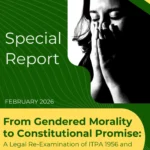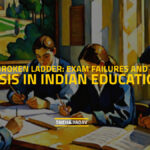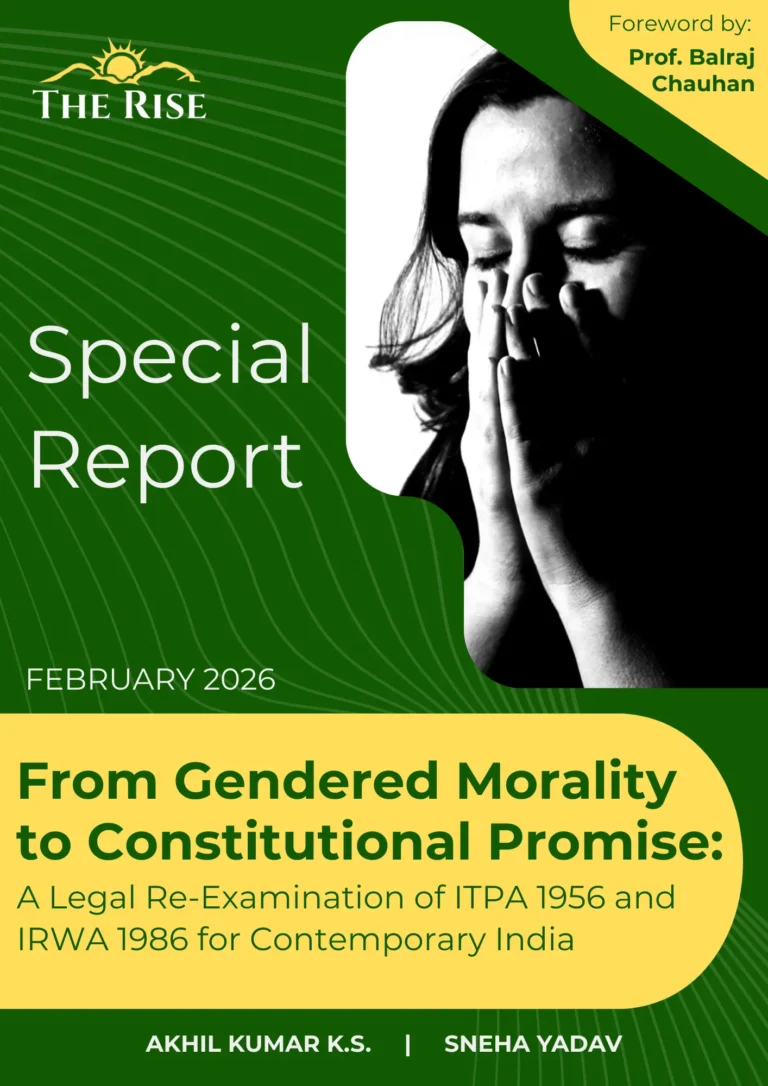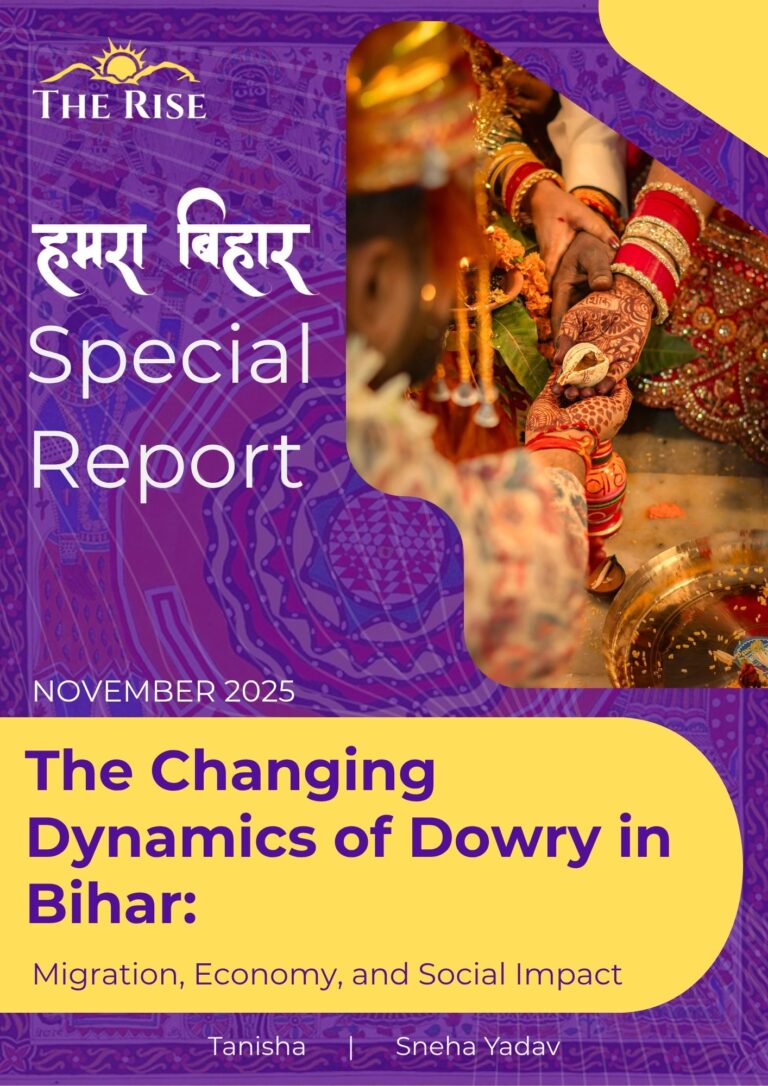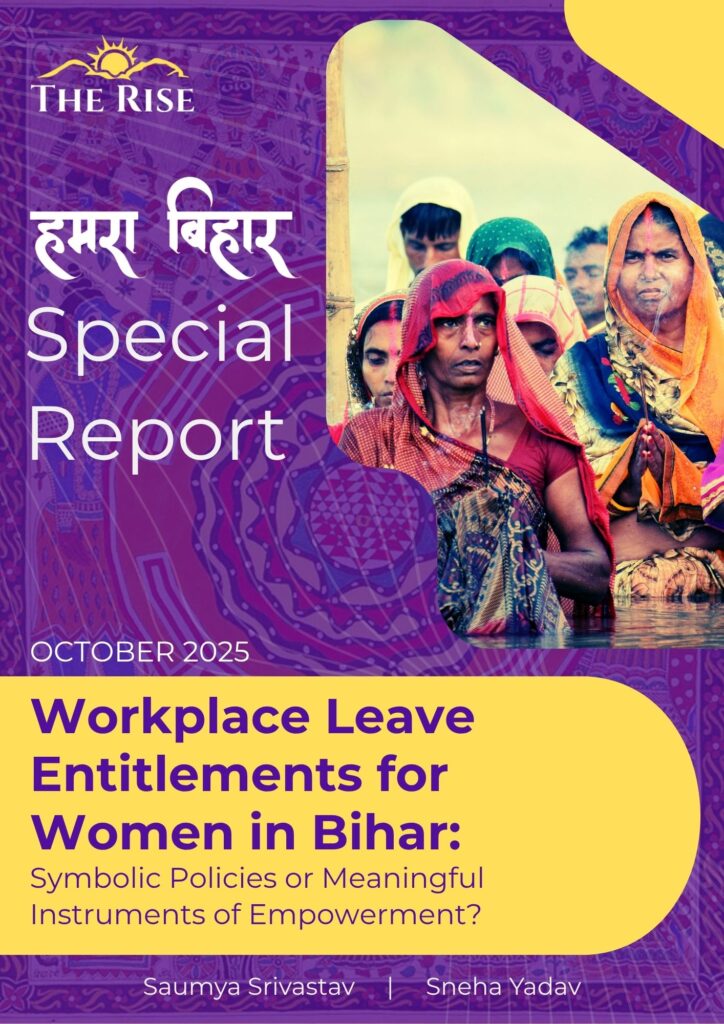
Women’s leave entitlements are not just about individual benefits; they are critical levers for advancing gender justice, improving maternal and child health, and ensuring the stability of Bihar’s education system. The state has taken important steps by formalizing progressive policies, but without transparent, inclusive, and accountable implementation, these rights remain symbolic. Strengthening women’s entitlements will directly contribute to better educational outcomes, healthier families, and a more equitable society.
This report evaluates the status of women’s leave entitlements in Bihar, with a particular focus on Child Care Leave, Maternity Leave, and Menstrual Leave for women teachers. It seeks to identify the gap between policy and practice, highlight the challenges faced by women in accessing their rights, and propose actionable solutions to strengthen delivery. The study combines policy analysis with field insights, drawing upon the voices of women teachers across Bihar.
While progressive policies such as Child Care Leave and maternity leave in the education sector align with national legislation and global gender equity norms, their implementation remains weak. Bureaucratic delays, digital hurdles, and administrative discretion often restrict women’s access to these entitlements. The e-Shikshakosh portal, intended to simplify leave processes, has instead created new barriers for rural teachers facing limited internet access and inadequate digital training. Awareness of rights is also uneven, with many women unclear about eligibility or distinctions between different leave provisions.
Moreover, large segments of the workforce, particularly contractual teachers, shiksha mitras, and anganwadi workers, remain excluded from such benefits, deepening structural inequities. These systemic gaps compel many women to take unpaid leave or return to work prematurely, negatively affecting maternal health, family well-being, and school functioning. Persistent stigma around women availing leave further entrenches patriarchal attitudes within educational institutions.
This report also contains voices from the ground, which highlight both necessary structural reforms that need to be taken into account as well as the impact of these policies on the everyday experiences of women. To bridge the gap between policy intent and on-ground implementation, the report recommends a set of processes, policies, and institutional reforms. It includes simplification of processes, policy expansion to ensure universal coverage, financial safeguards, gender sensitisation training, strong monitoring programs, and other institutional support mechanisms to ensure transparency and develop a better workplace.
In summary, this report shows that while Bihar has progressive frameworks for women’s leave entitlements, gaps in practice dilute their impact. By responding to the real needs expressed by women teachers and implementing structural reforms, the state can transform symbolic policies into meaningful instruments of empowerment.
Get a hard copy delivered at your doorstep:
Terms & Conditions:
- Order cancellation procedure: Mail at support@therise.co.in requesting order cancellation with a valid reason within the first 24 hours of order placement. The payment receipt must be mandatorily attached, without which no order cancellation request will be entertained.
- Returns/Replacement: No return/replacement is possible
- Refunds: The complete amount is refundable if the order cancellation request is received at support@therise.co.in within the first 24 hours of the order placement. Refund will be issued in 5-7 working days.
About the author
Saumya Srivastav is currently pursuing a masters degree in International Relations from South Asian University, with deep interest in gender studies, critical politics, conflict and peace studies and literature. She is currently a TRIP intern.
-
This author does not have any more posts.
Sneha Yadav is an electronics engineer with a postgraduate degree in political science. Her interests span contemporary social, economic, administrative, and political issues in India. She has worked with CSDS-Lokniti and has been previously associated with The Pioneer and ThePrint.
-
Sneha Yadav
-
Sneha Yadav
-
Sneha Yadav
-
Sneha Yadav
-
Sneha Yadav
-
Sneha Yadav
-
Sneha Yadav
-
Sneha Yadav
-
Sneha Yadav
-
Sneha Yadav
-
Sneha Yadav
-
Sneha Yadav
-
Sneha Yadav
-
Sneha Yadav
-
Sneha Yadav
-
Sneha Yadav
-
Sneha Yadav
-
Sneha Yadav
-
Sneha Yadav
-
Sneha Yadav
-
Sneha Yadav
-
Sneha Yadav
-
Sneha Yadav
-
Sneha Yadav
-
Sneha Yadav
-
Sneha Yadav
-
Sneha Yadav
-
Sneha Yadav
-
Sneha Yadav
-
Sneha Yadav




